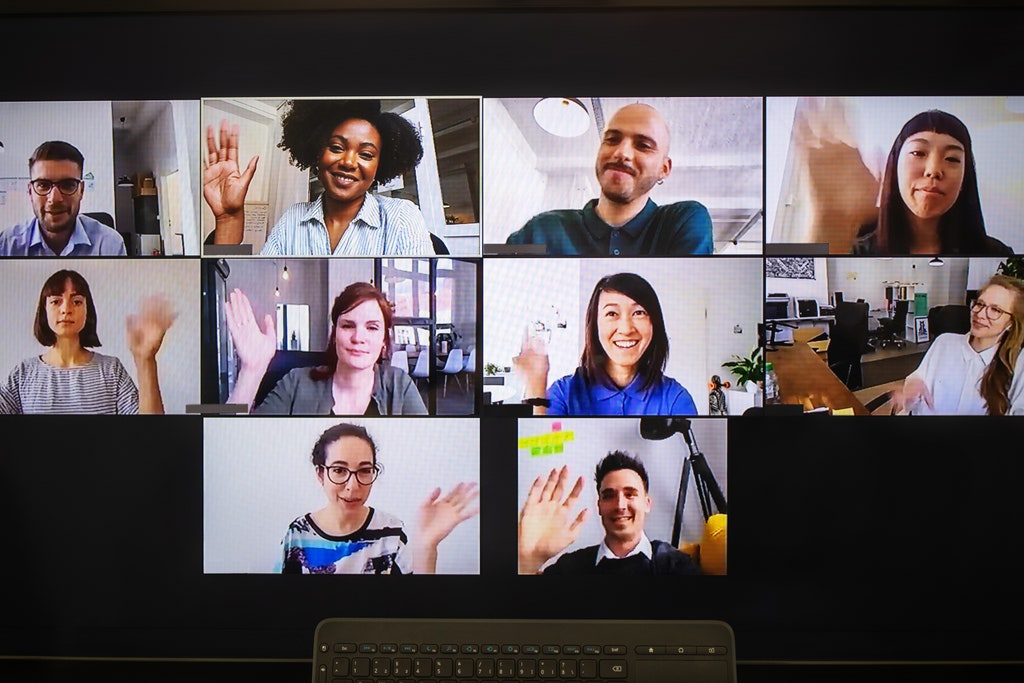Research has shown that using the Zoom platform makes communication more complicated, affects self-perception and is more stressful. The result is called zoom fatigue.
Do you also suffer from zoom fatigue? Surely the home office has caught up with you and subjected you to an overwhelming series of virtual meetings that have made you tired of the platform. You are probably reading this while you are in the process of connecting to another meeting through this platform, and the truth is that you are probably already tired of sitting in front of the computer or cell phone camera watching this mosaic of small pictures see. No wonder such meetings are tiring and stressful and make communication difficult. Science speaks of “zoom fatigue” and a study has now looked at its psychological effects.
Attending one of these meetings makes it easier to keep work processes at a distance, but it also makes it difficult to understand non-verbal language and can even change the perception of our image, as we see ourselves in front of the screen all the time. In short, this phenomenon is a source of stress, according to Stanford University research.

What is zoom fatigue?
To reach such a conclusion, the report “Nonverbal Overload: A Theoretical Argument for the Causes of Zoom Fatigue” analyzed the causes of platform fatigue and their dynamics. Factors such as excessive eye contact, cognitive stress, increased checking of the personal appearance through the image and the limitations of physical mobility caused by the use of the platform were discussed.
But why can the platform be so grueling? “In face-to-face interaction, non-verbal communication flows naturally On Zoom, non-verbal communication remains complex, but users have to work harder to send and receive these signals,” says in the study developed by Jeremy N. Bailenson. Much of this is due to the camera position, which tends to focus on the facial part and prevents hands or other body movements from contributing to communication that can even be misrepresented and require more effort to interpret. “Users are constantly receiving non-verbal cues that might have one meaning in a face-to-face context but have a different meaning in Zoom.”
The app got off to a meteoric start during lockdown, its users led its creator to a business milestone, and even, the study points out, the app’s name is used today to summarize all the alternatives on similar platforms.
But the widespread use has also brought with it a source of stress that is characteristic of “zoom fatigue”: the excessive (even increased to dysmorphic) assessment of our image, which we undertake when we are in constant virtual encounters on a small scale See frame. The effect is the same as if we were walking around with a hand mirror during the whole working day. According to the research results, constant, personal checking of appearances is not without psychological strain. “Self-assessment can be stressful. It sounds ridiculous, but that’s essentially what happens on Zoom calls,” the study’s author said.
The study indicates that increasing “zoom fatigue” can be counteracted by holding audio-only meetings and even analyzing whether the platform is being overused. “One of the triggers for zoom fatigue is having more meetings than we would have face-to-face.”

